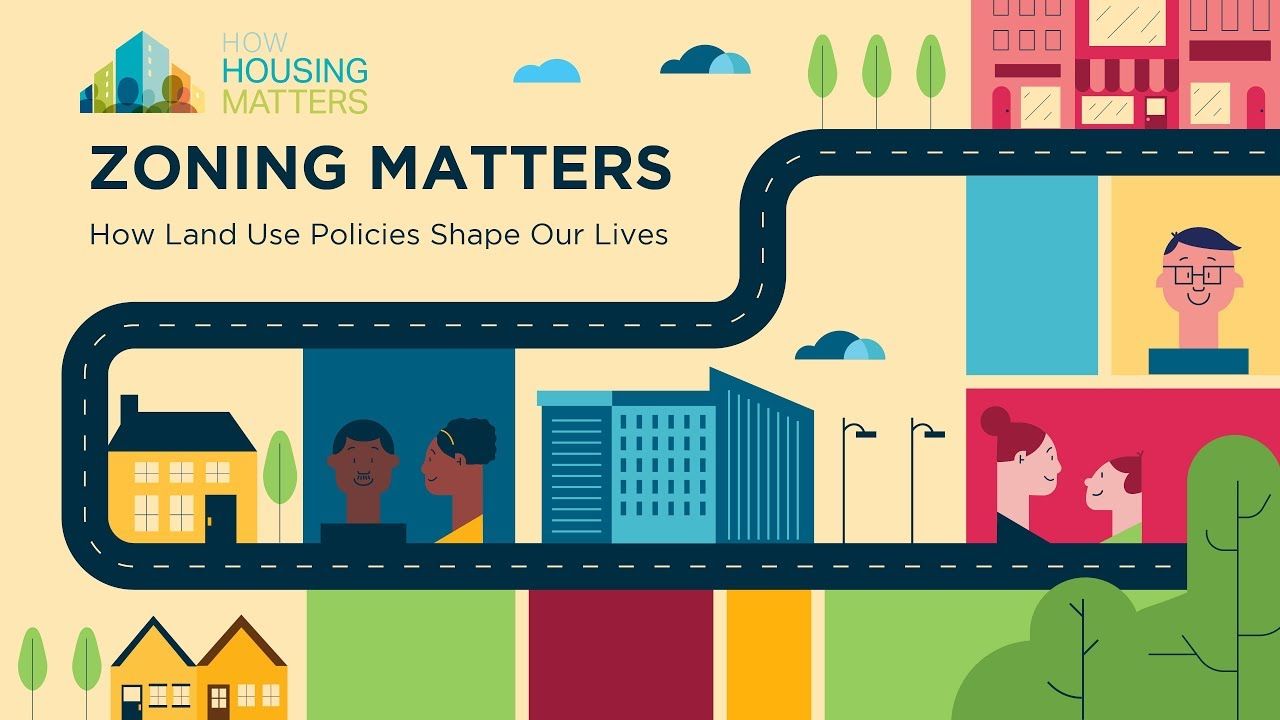In the world of real estate, zoning regulations play a crucial role in determining how properties can be used and developed. These regulations are put in place by local governments to ensure that land is used in a way that is consistent with the overall community plan and to promote the health, safety, and welfare of the public.
Understanding Zoning Regulations
Zoning regulations divide land into different zones, such as residential, commercial, industrial, and agricultural. Each zone comes with its own set of rules and restrictions on what can be built or used on the property. For example, a residential zone may only allow single-family homes, while a commercial zone may allow for retail stores and office buildings.
These regulations can have a significant impact on property owners and developers, as they determine what can be done with a piece of land. For example, if a property is zoned for residential use, the owner may not be able to build a commercial building on it without first obtaining a zoning variance or changing the zoning designation.
Benefits of Zoning Regulations
While zoning regulations may impose restrictions on property use, they also bring several benefits to communities. By separating different types of land uses, zoning regulations help to reduce conflicts between incompatible uses, such as noisy factories and quiet residential neighborhoods.
Zoning regulations also help to protect property values by ensuring that properties are used in a way that is consistent with the surrounding area. For example, a residential neighborhood may see a decline in property values if a factory is built nearby, but zoning regulations can prevent this type of situation from occurring.
Challenges of Zoning Regulations
While zoning regulations can be beneficial, they can also pose challenges for property owners and developers. For example, strict zoning regulations may limit the potential uses of a property and make it difficult to develop or sell. In some cases, property owners may be forced to seek a variance or zoning change, which can be a lengthy and costly process.
Zoning regulations can also create barriers to affordable housing and economic development. In areas with restrictive zoning regulations, it can be difficult to build affordable housing or attract new businesses, leading to a lack of diversity in housing options and limited economic growth.
Adapting to Zoning Regulations
While zoning regulations can present challenges, property owners and developers can adapt to these regulations by understanding the zoning of their property and working within the guidelines. This may involve working with local government officials to obtain variances or zoning changes, or exploring creative solutions that comply with zoning regulations while still meeting the needs of the community.
It’s also important for property owners and developers to stay informed about changes to zoning regulations and to engage with the community to understand the impact of these changes. By staying proactive and informed, property owners and developers can navigate the complexities of zoning regulations and make the most of their properties.
Conclusion
In conclusion, zoning regulations play a vital role in shaping how properties are used and developed. While these regulations can present challenges, they also bring benefits to communities by ensuring that land is used in a way that is consistent with the overall plan and promotes the health, safety, and welfare of the public.
Property owners and developers can adapt to zoning regulations by understanding the zoning of their property, working within the guidelines, and staying informed about changes to regulations. By doing so, they can navigate the complexities of zoning regulations and make the most of their properties in a way that benefits both themselves and the community.
